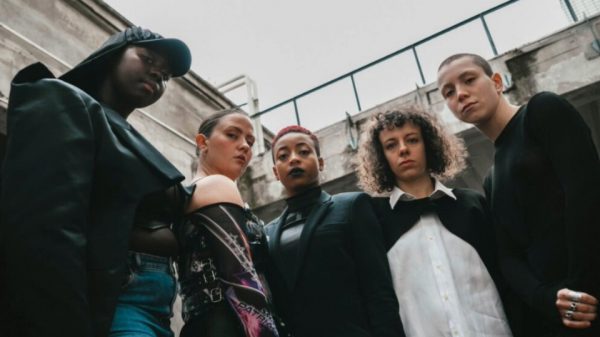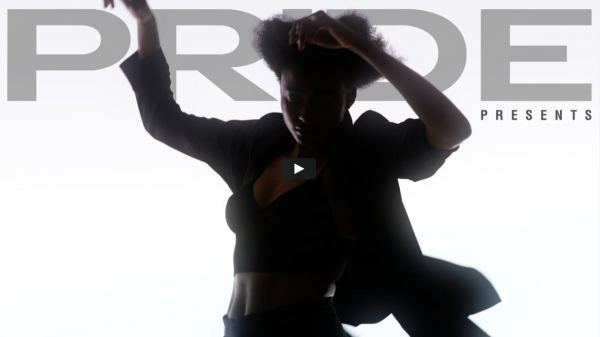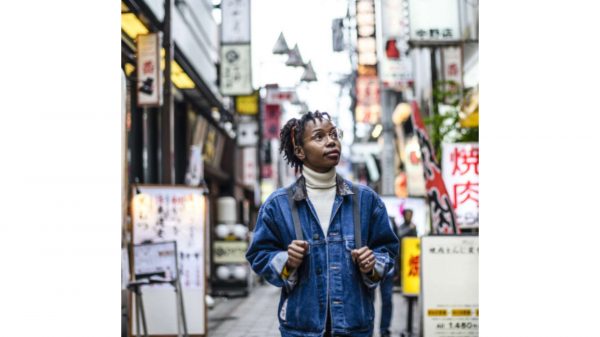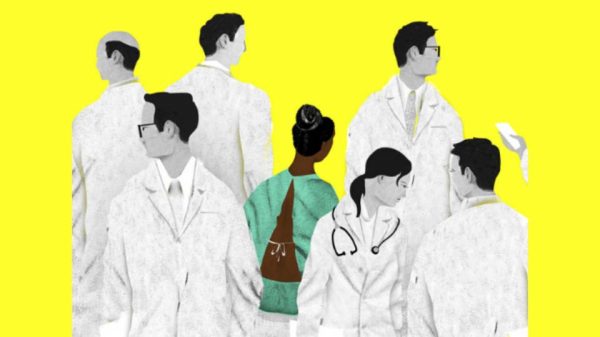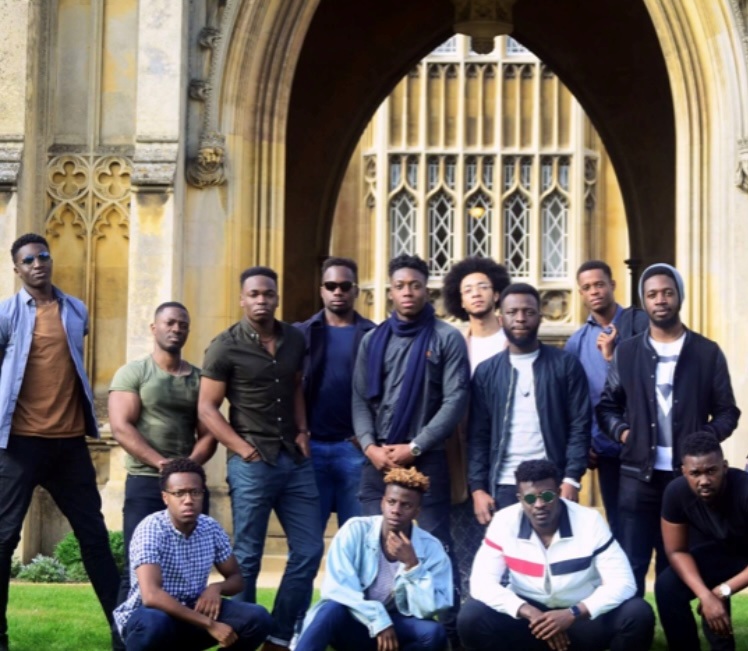Cambridge University will name new streets and buildings after black graduates following an inquiry, which concluded that it had received “significant benefits” from slavery.
The investigation, begun three years ago, found that the university benefited from companies that participated in the trade as well as from individual benefactors and from fees derived from the families of plantation owners.
The Legacies of Enslavement Advisory Group was appointed in 2019 by the vice-chancellor, Professor Stephen Toope. It made a series of recommendations yesterday that the university has committed itself to implementing.
As well as new names for streets and buildings, the university will install a plaque that identifies and puts into context the statue of Tobias Rustat, a 17th-century courtier to Charles II with links to slavery.
Cambridge said it had received a generous philanthropic donation for a black British artist to undertake a work of art memorialising black Cambridge scholars or graduates, to be located on the university estate. It will also seek to name some streets and public spaces in its North West Cambridge development, and in the new West Cambridge Innovation District, after prominent black graduates as well as abolitionists.
Other pledges include setting up a slavery research centre, enhancing existing academic links with the Caribbean and west Africa, increasing the number of postgraduate scholarships and bursaries for black British students and students from Africa and the Caribbean, and commissioning art marking the achievements of its black academics.
Toope said the report had helped the university better appreciate its links with the slave trade, adding: “Cambridge would inevitably have benefited from what was a widely accepted system of exploitation.”






